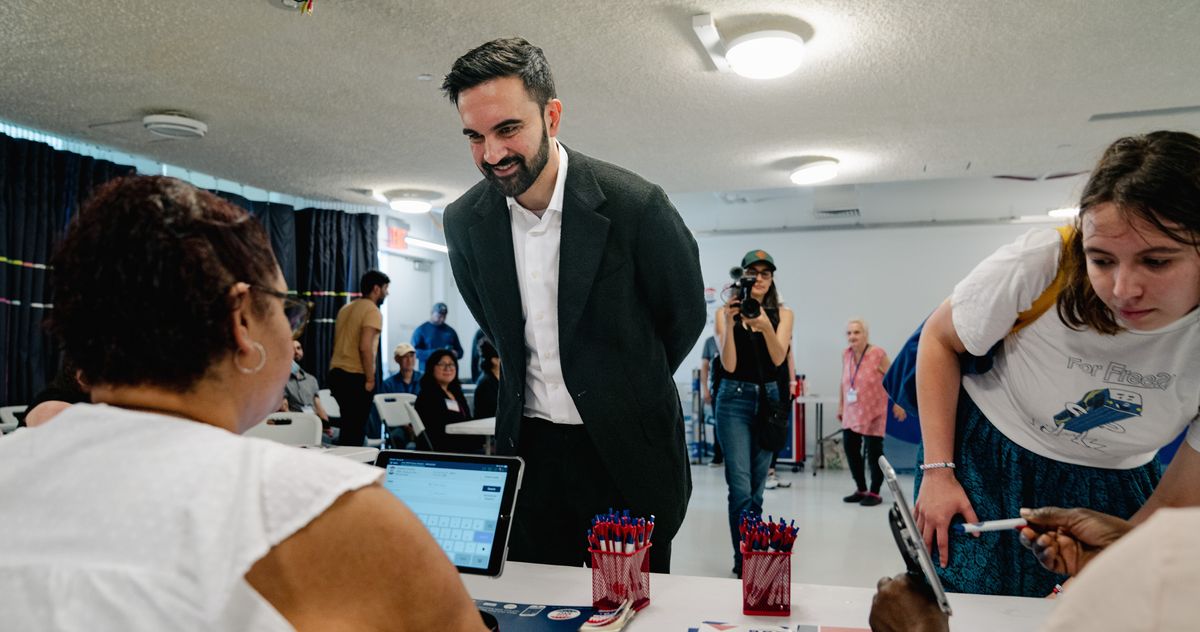UK politics
fromwww.theguardian.com
1 day agoGreen party wins Gorton and Denton byelection, pushing Labour to third place in blow to Keir Starmer
The Green Party won the Gorton and Denton byelection with Hannah Spencer, overturning Labour's 13,000-vote majority and establishing the party's first northern England MP.


